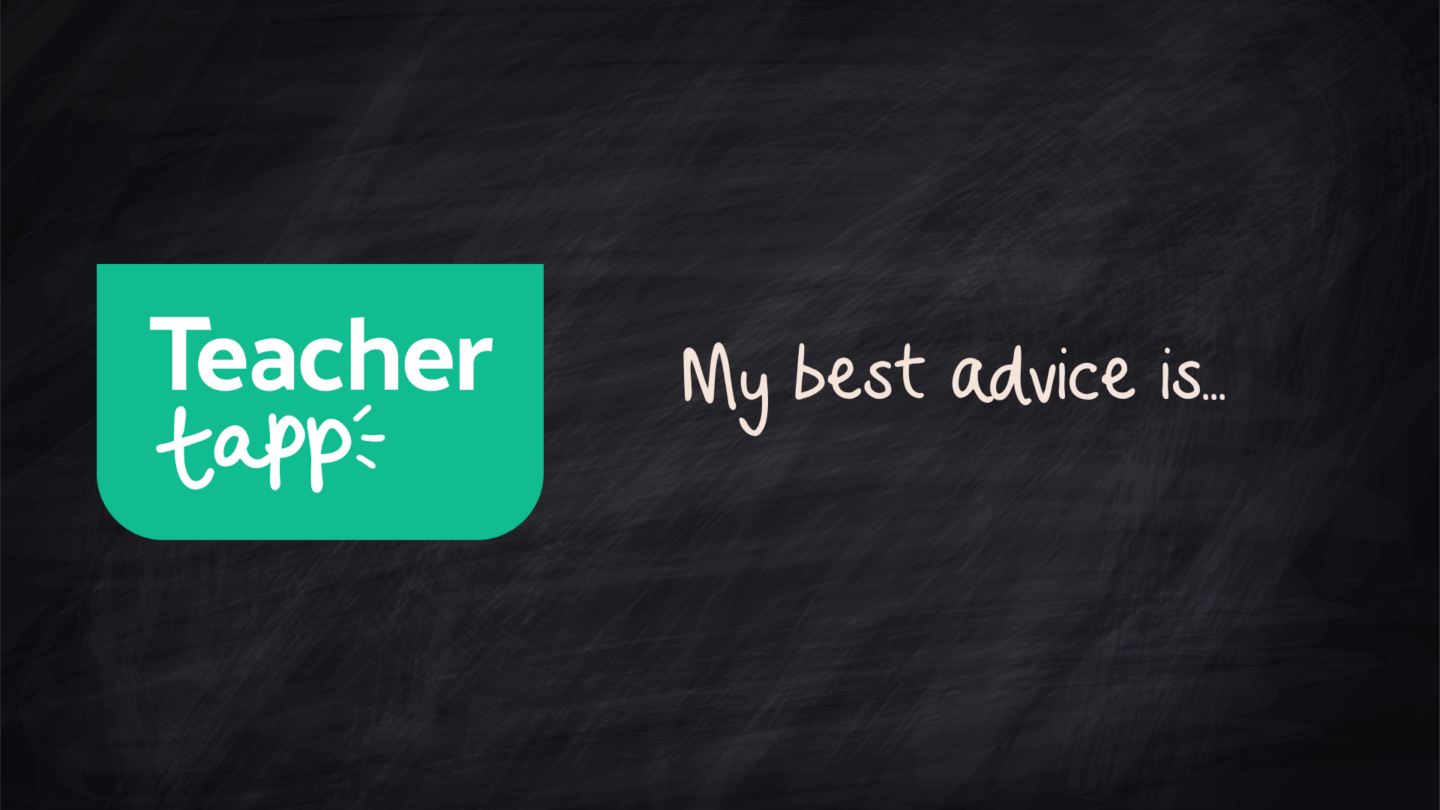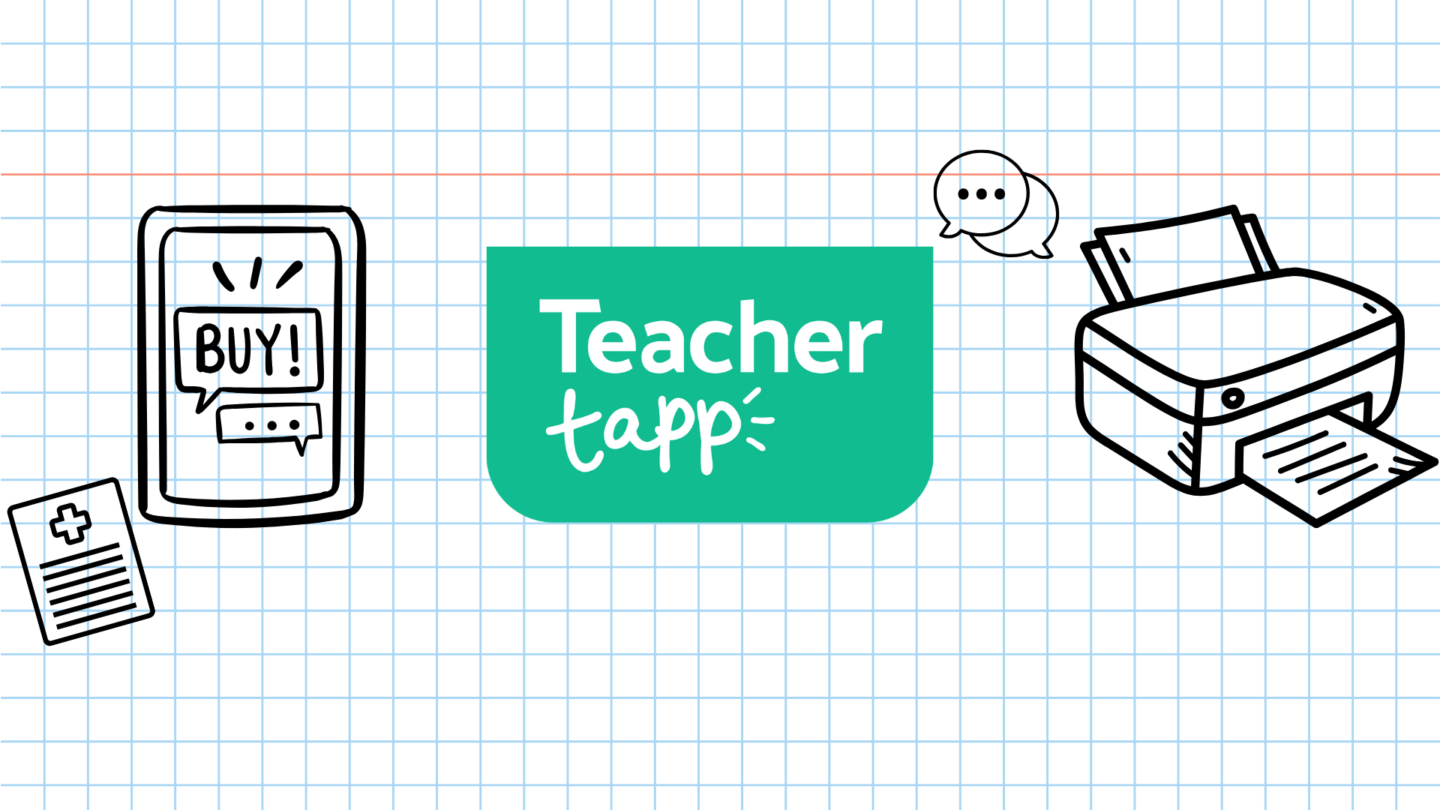Phew! It’s half-term for 93% of Tappsters and we hope you’re enjoying lie-ins and a chance to rest your weary legs.
You may not have realised it, but over the past half-term you’ve been taking part in a critical round of Teacher Tapp research questions – as it’s been the first time in three years we could repeat a bunch of questions last asked in 2019 or 2018. So how have things changed since then?
Here’s what we found…
1. What MUST your lessons include?
Planning lessons is a core part of teaching. But while some teachers have free rein over their plans, others are more tightly prescribed, with senior leaders requiring them to add certain elements.
For example, 28% of you said you must have differentiation in every lesson and 16% of you are required to include independent work. The trend for both of these is on the up since 2018. On the other hand, peer review/whole-class marking has dropped back in the same time frame (from 9% to 5%).
A further 22% of you also said you had another mandatory element in your lessons which was not included in our list. If you’re in that group, we’d be grateful if you’d drop us a line via ‘contact us’ in the app or via twitter (@TeacherTapp) to tell us what we’ve missed. If enough of you are including something, we can add it to next year’s question! #responsivetapping

During the pandemic, we also expected that group work would be less common due to the difficulties of social distancing. Comparing data from the past few years we can see that October 2020 – time of the bubbled classrooms – was a low mark for group work. However, things are now back to normal with around 60% of teachers on any given day reporting that they used group and/or pair work during their 10am lessons.

Hence, group work is one of those things that while it had a short setback remains popular in most lessons (despite what you may be led to believe from successive traditionalist-focused education secretaries!)
2. A Year Is A Long Time In Menopause
This time last year we asked our first ever question about the menopause, after a variety of celebrity campaigners had brought it to the fore as a worker issue.
Back then, just 5% of schools said they had a menopause policy. This year that’s increased threefold to 16%! A huge shift in one year and shows how publicity can make a quick difference in the understanding of an issue.
Note, however, that if we look just at the people who answered yes/no (removing the ‘don’t knows), and we separate by phase, we can see it’s the secondary schools moving ahead with menopause policies. Given primary schools are very female-dominated, the result may seem surprising. But could it be that the ubiquity of women in primary schools is why they feel it’s less important to have a specific policy?

3. Crying & The Signs of Burnout
There’s no doubt the pandemic was an emotional time. Silent corridors, clapping for carers, taking food parcels to pupils. Some days it felt like wall-to-wall feels. Yet, several of you wrote to us this term to say you felt that emotions were running higher than ever before, even though life was now supposed to be back to normal.
One way we can test if the term is genuinely more emotive is to look at our long-standing crying question. And it seems that there is a heightening of emotions at present.
70% of you have seen a colleague crying since the start of the academic year, a jump on last year when 60% of you said the same. (Although we did ask a little earlier in term, so it may be that late October brings much more stress!)

Along with the questions about crying, however, we asked about two further issues this week: (1) whether you had enjoyed the working week, and (2) whether you felt burned out.
Both correlated with crying.
The graphic below shows how most people who enjoyed their week never cried once (71%), whereas most people who strongly did not enjoy their week had cried at some point (5% in front of a class, 62% away from the classroom).

Likewise, 70% of people who felt completely burned out had cried at some point during the half-term, with 5% doing so in the classroom. (Teachers who said they had no feelings of burnout rarely cried – only 9% said they had done so).

Burnout is a topic we’ve looked at for a long time at Teacher Tapp and we remain concerned about what drives it.
One finding back in 2019 was that the number of contact hours you teach each week correlates with the sickness rate. If we want to reduce teacher absence, it would be in the government’s interest to look again at PPA and contact hours.
This week we also found that the number of individual students a secondary teacher has in a week correlates with burnout. Those of you teaching 70 pupils or fewer were most likely to have zero burnout feelings, whereas 33% of you teaching 300 pupils+ each week said you either had persistent or complete burnout.

As schools are financially squeezed for staff it is likely that teachers will be increasingly timetabled to their full contact time. If that happens, however, the data suggests it could lead to more burnout and sickness.
In the long term, the cost of sick pay and teacher training may well mean this is an economic mistake, quite apart from (and on top of) the human consequences.
4. Does behaviour feel worse after a pandemic?
Finally, we looked again this week at behaviour and found something unusual. We’d love to know your thoughts on this one!
So far this term we haven’t seen evidence that behaviour which stops teaching and learning is getting dramatically worse than it was before the pandemic. Nevertheless, this week we did find there’s a perception that behaviour is getting worse over time.
The reason we know about the perception is because we repeated a question that asks you to compare your perception of pupil behaviour from when you started at your current school and, in a separate question, from when you started teaching overall.
Back in 2018, just 10% of you felt that behaviour had significantly deteriorated significantly since you started teaching at your current school. Now 20% of you think it has. (twice as many!).

And when it comes to comparing behaviour from the start of your teaching career, the trend is even worse. Back in 2018, just 13% of you felt it had deteriorated significantly during your career. Now it’s 30%.
Of course, the trend is affected by how long you have been in teaching. The longer you are in the more chance there is for change – and we’ve always seen that those in the profession for 20+ years are most likely to report deteriorations and improvements!
But every age group has seen a huge increase in the level of people reporting a significant deterioration.
Putting this together it means that our standardised questions about actual daily behaviour don’t appear to be showing any big differences at the lesson level. Yet there is something about the environment in schools, or perhaps the country, at present which means teachers feel things have got significantly worse.
Teachers have been through a lot of weirdness in the past few years. So it’s possible part of this difference in time comparisons is due to foggy memories. In order to have had one normal year in your job you would need to have been in your role by September 2018. And, for most people, the first year in any job is a shock to the system, so it’s not really until the second year that you get a sense of what’s normal. So to have a confident sense of reality, you’d really need to have started a role on or before September 2017 to have a fair comparison. Put this way it’s not a surprise that our perceptions may seem to be off.
Furthermore, the whole country is under a lot of external pressures at the moment. In the past two months we’ve all experienced three prime ministers, two monarchs, the largest drop in the pound for thirty years, the highest hike in mortgages for 40 years, and the biggest threat of nuclear war for generations. The world is tense. So even if behaviour isn’t yet showing up as being worse, our sensitivities towards it, given a general sense of worry, are likely to be heightened.
All of this makes school leadership even more challenging at the moment. Perceptions are hard to change, especially in difficult social and political times. Here at Teacher Tapp we don’t (yet) have easy remedies, but we hope that at least knowing these things helps the profession to start having conversations about how hard things feel right now and starting to look for some valves to let out the pressure.
Finally… we know you love the daily read, so here are the ones from last week
The most-read tip in the past week was: How to lead when your team are exhausted 😴
And here’s the rest for your reference:
- Feedback – why you should accentuate the positive!
- Where next for the Early Career Framework – your responses!
- Why a change in leader can have a bigger impact than you may think!
- What’s the problem? A Deep Dive into checks for understanding
- Persistence – and how it’s an important virtue of teachers





